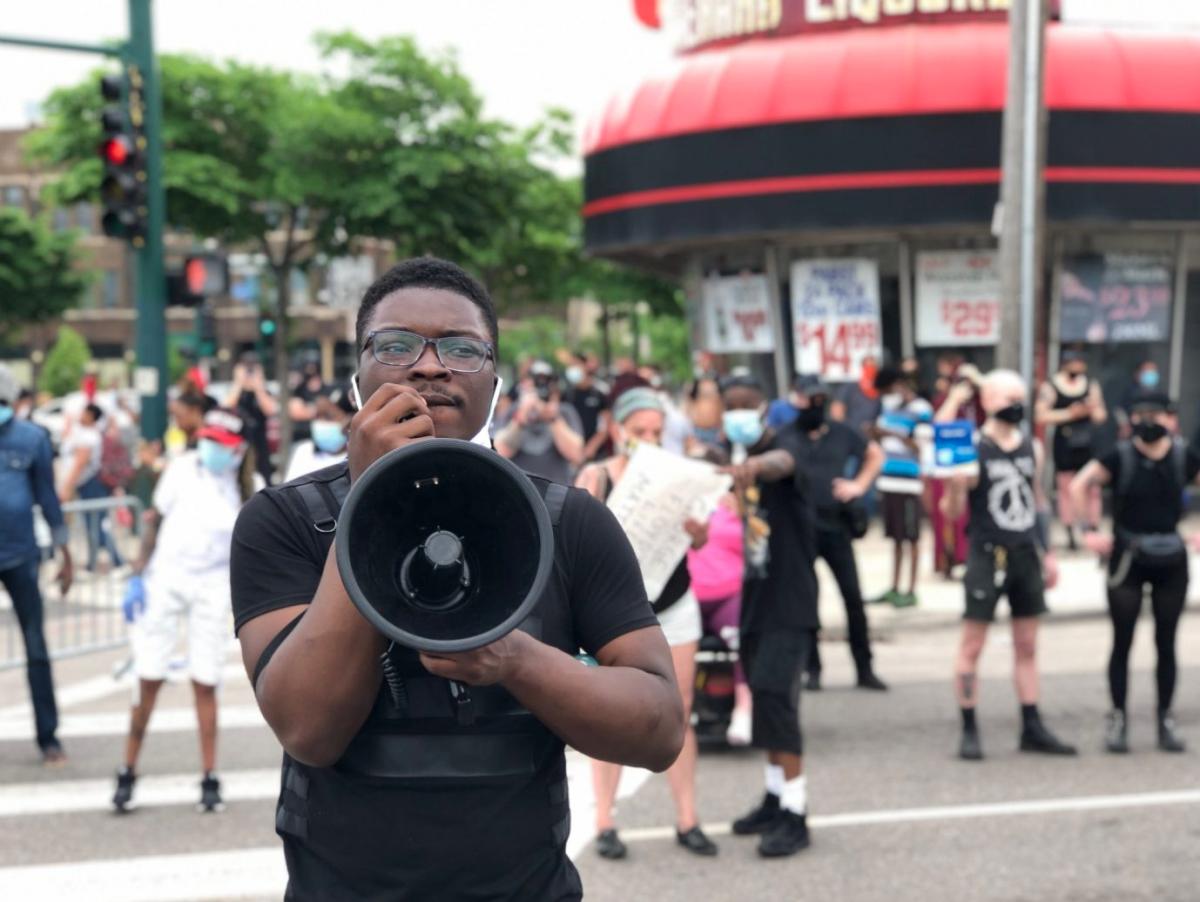The U.S. House of Representatives passed a sweeping police reform package Thursday night in response to massive civil unrest over police brutality.
The package cleared the chamber largely along partisan lines, with 236 lawmakers (mostly Democrats) voting for it and 181 lawmakers (180 Republicans and one Independent) voting against it. Three Republicans sided with Democrats in backing the bill — Reps. Brian Fitzpatrick of Pennsylvania, Fred Upton of Michigan and Will Hurd of Texas.
“There is justifiable anger in this country because justice is not being upheld,” House Majority Leader Steny H. Hoyer (D-Md.) said on the House floor.
“That does not mean it’s never being upheld, but it ought to be always upheld. There is a deep frustration because some of those charged with enforcing our laws are doing so without tolerance, in a way that disregards the rights and welfare of victims without just cause. That does not damn all members of the police. In fact, not the majority. But it does damn actions that are inconsistent with justice and peace and tolerance and liberty,” Hoyer said.
House Speaker Nancy Pelosi (D-Calif.) hailed the package on the House floor Thursday, saying it would “fundamentally transform the culture of policing to address systemic racism, curb police brutality and save lives.”
But the bill — passed one month after George Floyd, an unarmed Black man, was killed while in police custody — is unlikely to become law.
Senate Majority Leader Mitch McConnell (R-Ky.) tried and failed to advance a modest GOP bill Wednesday and is not expected to take up the Democrats’ more comprehensive measure.
The bill backed by Democrats and passed in the House is “a crucial first step to rooting out racial injustice in our police system,” Sen. Chris Van Hollen (D-Md.) said in a statement, urging “Senate Republicans to listen to Americans, heed their calls for change, and allow immediate consideration of this legislation.”
President Donald Trump, meanwhile, threatened on Wednesday to veto the Democratic bill, arguing it would deter people from pursuing law enforcement careers, erode public safety and weaken relationships between police departments and communities.
House Republican Whip Steve Scalise (R-La.) urged Democrats to instead “get on board” with the GOP bill, which he said “has a real shot at becoming law.”
The Democratic legislation would ban chokeholds and no-knock warrants at the federal level, bar racial profiling, limit the transfer of military-grade equipment to state and local law enforcement officials and make it easier to prosecute police misconduct in the courts by eliminating the “qualified immunity” doctrine that shields law enforcement officials from lawsuits, among other things.
The bill drew objections from the American Civil Liberties Union (ACLU), which called increased funding for law enforcement a non-starter. “The role of policing has to be smaller, more circumscribed and less funded with taxpayer dollars,” ACLU legislative counsel Kanya Bennett said in a statement when the bill was introduced this month.
House passage comes a day after Senate Democrats blocked a GOP bill authored by Sen. Tim Scott of South Carolina, the only Black Republican in the Senate GOP conference.
Scott’s bill would incentivize departments to increase the use of body cameras, improve training in de-escalation tactics and require that performance records be taken into greater account when making hiring decisions. It would also increase data collection on the use of force, weapon discharge and no-knock warrants, among other provisions.
Unlike the Democratic bill, it would not ban chokeholds or no-knock warrants at the federal level or make it easier for victims of police brutality to sue officers and seek damages. Nor would it bar racial and religious profiling or limit the transfer of military-grade equipment to state and local law enforcement officials.
McConnell tried to bring the bill to the floor Wednesday, but he fell five votes short of the 60 votes he needed to advance it.
Democrats and leading civil rights advocates called the Senate GOP bill “weak” and said it failed to live up to an historic moment in which diverse coalitions of protesters are taking to the streets to demand racial justice and equality in the wake of Floyd’s death. Derek Chauvin, a white Minneapolis officer who kneeled on Floyd’s neck for more than eight minutes, was fired and has been charged with second-degree murder.
Senate Minority Leader Charles Schumer (D-N.Y.) called the GOP bill “weak tea” on the Senate floor Wednesday. He cited a letter from civil rights groups who said the bill “falls woefully short of the comprehensive reform needed to address the current policing crisis and achieve meaningful law enforcement accountability.”
On the other side of the Capitol, Pelosi said the GOP bill is “inconsistent with a genuine belief that Black lives matter” and said she hopes passage of the Democratic bill will force the Senate to act. The Senate, she said, has the choice to either honor Floyd’s life or do nothing.
McConnell, meanwhile, painted Democrats with the do-nothing label. “Our Democratic colleagues tried to say with straight faces that they want the Senate to discuss police reform — while they blocked the Senate from discussing police reform,” he said Thursday.
By Allison Stevens



Write a Letter to the Editor on this Article
We encourage readers to offer their point of view on this article by submitting the following form. Editing is sometimes necessary and is done at the discretion of the editorial staff.